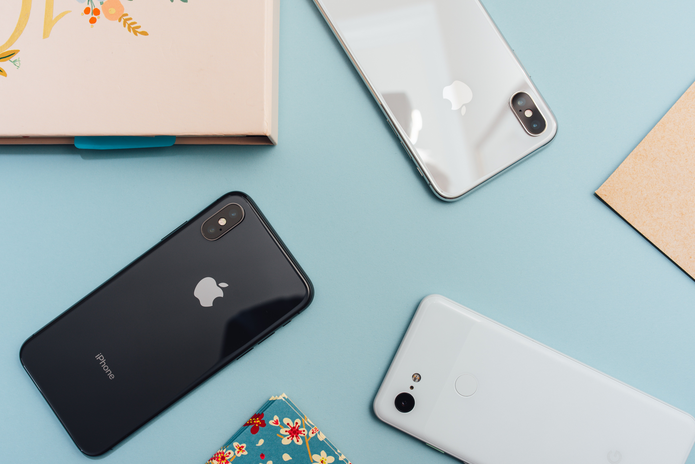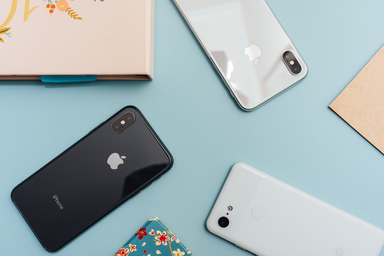The data collection abilities of modern digital technologies benefit us in a multitude of ways. As creatures that are capable of retaining a limited supply of information via our brains, digital technologies have provided incredibly efficient, constructive ways to assist human memory by retaining data that it knows is relevant or important to us. We can keep track of photographs, articles, birthdays, calendars, personal opinions, news and so much more, virtually, forever; our digital footprints are ever-growing. But what happens when we want to forget? When can we opt-out of this infinite pool of data? The hard answer: never.
Our data never truly goes away. If we delete a tweet, a Facebook post or an Instagram photo, it no longer appears on your profile, but it never truly leaves the intricate realm of cyberspace. What does this mean for the average person? Probably nothing. The potential of this having drastic repercussions on your everyday life is unlikely. What could this mean for public figures? Absolute annihilation via public shaming from a mass of online users. This is better known to popular discourse as cancel culture.
Photo by Prateek Katyal
As written in urban dictionary, cancel culture refers to “a modern internet phenomenon where a person is ejected from influence or fame by questionable actions.” This is typically due to a controversial or offensive opinion, photograph or video that circulates through the Internet at a rapid speed, and targets individuals who uphold some sort of celebrity status. Some of our top 2019 victims of cancel culture include: Justin Trudeau, following a photo resurface of him during university wearing blackface and James Charles, for being aggressively inappropriate towards a romantic interest. And what about Tana Mongeau, when she attempted to create an entire festival dedicated to her and her fans and it completely flopped? The list goes on. Cancel culture doesn’t allow people to forget about past mistakes; it urges them to lose their entire platform and all of the success they built over a long period of time. But some would argue that this is justified.
Photo by Dustin Tramel
Calling individuals directly affected by cancel culture “victims” is seen as controversial in itself. How can you be a victim of something you inflicted upon yourself? This operates on the basis that people need to be held accountable for their wrongdoings, especially if they have a large public platform. It was irresponsible for the individual to post or to embark on something that was problematic in the first place, so they must suffer the consequences. But why does suffering the consequences mean having to eradicate their livelihood? I believe people need to be held accountable for their wrongdoings but I also believe that people have the potential to change.
The Internet refuses to forget. As written in his 2009 novel Delete: The Virtue of Forgetting in the Digital Age, author Viktor Mayer-Schonberger states “…forgetting plays a central role in human decision-making. It lets us act in time, cognizant of, but not shocked by, past events.” Cancel culture completely disregards this line of thinking. As human beings, we learn through our experiences: social dynamics are in a state of constant change and what was acceptable 25 years ago may not be acceptable now. We have to change with the times, but that involves some level of self-development and self-awareness, which some are not cognizant of. It’s important that we offer education, rather than scrutiny. If we cannot grow and move on from our mistakes, we cannot do better in the present.
Photo by Logan Weaver
I don’t mean to condone the behaviour of those who carried out problematic, insensitive wrongdoings, but I also don’t think public scrutiny is productive. Yes, sometimes, bottom line, people are just terrible. But most of us are trying to do better. To paraphrase the beautiful, boomer words of Barack Obama, cancel culture is not activism. You are not doing a service to the world by shaming and embarrassing a single person for being unaware or blatantly ignorant. If you want people to learn from their mistakes, perhaps approach them with empathy and education, to help urge them do better in the future.


